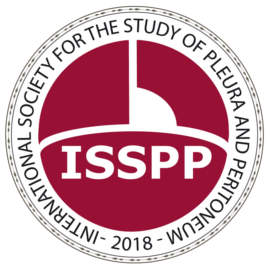On Sep. 25th, 2021, the ISSPP webinar on “Advanced data science in peritoneal metastasis”, chaired by Assoc. Prof. Tarkan Jäger from the Paracelsus Medical University, Salzburg, Austria, attracted 25 researcher interested in this emerging topic. To our knowledge, this is the first time that pioneers to present their artificial intelligence (AI) work in the field of peritoneal metastasis.
The ongoing personalized medicine revolution drives social and operational impact while improving therapy outcomes and patient satisfaction. Whereas the real-world implementation of AI in medical oncology is advancing well, very few cancer surgery departments have been able to rapidly adopt AI technologies at scale.
Advanced data science applications in the field of peritoneal and pleural metastasis are rare. However, there is pioneer work on modeling drug transport during intraperitoneal chemotherapy, simulation of aerosol spatial distribution during PIPAC, computing the extent of peritonectomy during cytoreductive surgery, detecting early radiological signs of peritoneal metastasis, generating automatic quality control reports for peritoneal malignancies programs, and predicting patient outcome. Moreover, new options are emerging for complementing or even replacing randomized trials in the field of peritoneal metastasis.
The webinar will result into the creation of a further ISSPP working group, with the hope that agile predictive AI tools can help indicate the right therapy in the right patient at the right time. If reliable, such AI tools guarantee high-quality health outcomes, minimize costs, and increase patients’ quality of life.
If you are interested in joining the working group, please register as an ISSPP member and write an email to headquarters@isspp.org.

